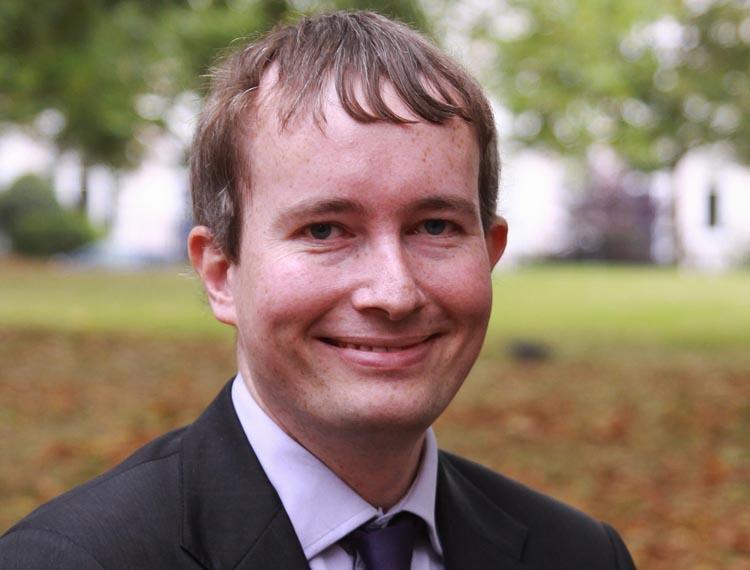Skills in Brexit Britain: a lot done, a lot to do

In 1947, Hugh Dalton resigned as Chancellor when details of his Budget were leaked before his speech in Parliament. No such concerns in 2017 with Philip Hammond touring the TV studios and the weekend papers filled with details to be announced on Wednesday.
The headline for Further Education is up to £500m of extra investment as the new Skills Plan routeways are rolled out. This will allow the number of taught hours for 16-19 year olds in colleges to rise from around 600 per year to around 900 – more in line with best practice internationally.
This is unambiguously good news and something Learning and Work Institute has called for. You can’t do high quality vocational education on the cheap.
But it’s not enough on its own. The quantity of hours is not the same as quality. We need world class quality too, with the breadth and depth of learning better matching the best in the world (as well as the number of hours). And outcomes – whether young people are more of less likely to get a job and build a careers – is the ultimate measure.
Apprenticeships are the other big show in town. Our research, published to mark National Apprenticeships Week, shows big inequalities in access to apprenticeships – BAME groups, women, and people from lower income backgrounds are less likely to make it into the best apprenticeships. And the drive to 3 million risks a lack of focus on quality – many apprenticeships in England are less broad and deep than in other countries like Germany.
We set out a number of measures, including an Apprentice Premium and a leading role for the Institute for Apprenticeships and Technical Education, to ensure we don’t hit the target but miss the point.
Beyond this, there’s relatively little for adults, who comprise 90% of our 2025 workforce. There’s 1.2 million fewer adults learning than in 2010, a decline we need to reverse to make a success of Brexit Britain. This includes big falls in the numbers taking part in community learning and improving their literacy and numeracy.
We need investment to increase the number of learners. Learning and Work Institute has called for an extra £200 million per year to tackle literacy and numeracy challenges. It is shameful that in 21st century Britain, 9 million adults struggle with one or both of these basic skills. And as we move into our post-Brexit future, it is essential we do better.
Alongside increased public investment, we need to find new ways for people, employers and the Government to invest better. Personal Learning Accounts are our proposed way to do this, and we hope the extra £50m in the Budget for new ways to promote lifelong learning will include a trial of this approach.
Lastly, we need learning and skills to be a golden thread running across Government. Yes, they are about growth and prosperity. Yes, they are about opportunity and self-fulfillment. But they are also about health and wellbeing, community engagement and cohesion, increasing employment, and a whole range of other effects. We think a national lifelong learning strategy should help maximise the transformational effects learning can have on people, communities and our country.
It’s a relatively rare thing for Further Education to be front and centre of the national news the weekend before the Budget. The extra investment for young people is welcome. The challenge is to make the most of it and match the scale of ambition for adults too. Social mobility and national prosperity depend on it.












Responses